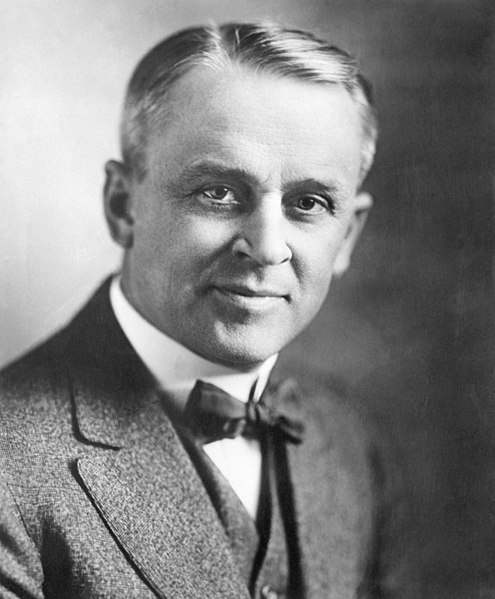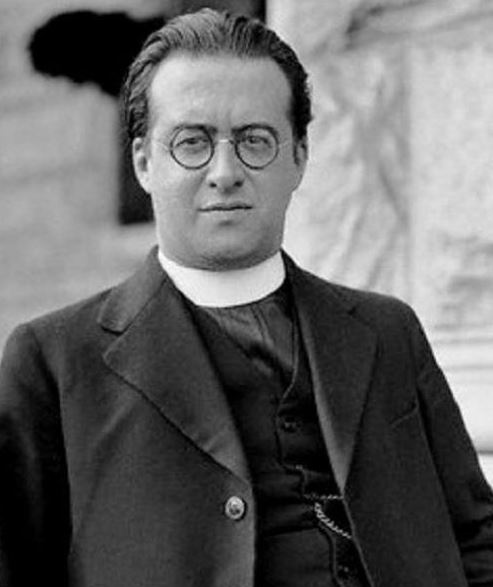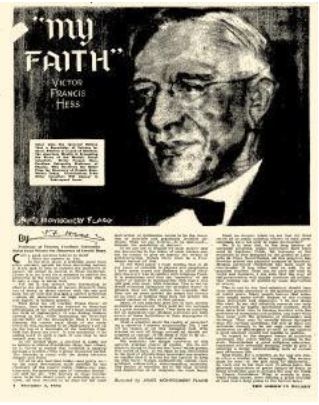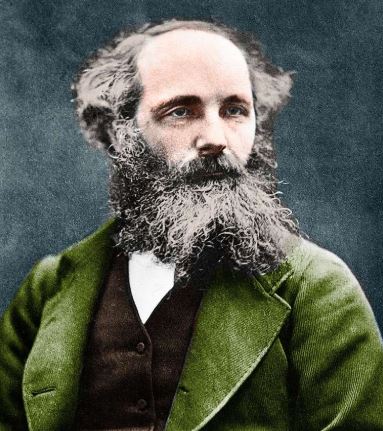
Written by Sakar Sharma, an IIT alumnus, for Wonders of Physics:
The textbook definition of physics is that it is a branch of science concerned with the properties of light and matter. Philosophy on the other hand deals with questions of the most general kind such as why do we respect the dead more than the living?
The textbook definition of physics is that it is a branch of science concerned with the properties of light and matter. Philosophy on the other hand deals with questions of the most general kind such as why do we respect the dead more than the living?
If however we combined these two we could do so much to transform the life of a common man. The very purpose of this article is to alter or at least influence human perception using the fundamentals of physics and philosophy.
Let's first look at the key difference between classical and quantum physics. The simplest way to do that would be to understand the nature of the particles. In classical physics, you may know, particles are distinguishable having their own identities and characteristics, meaning, that they could each be identified by their separate positions, velocities, momenta, so on.
On the contrary, in quantum physics, particles are indistinguishable from one another, that is, their physical properties like velocity or position, cannot be attributed to single particle but only to a group of particles. For example let's assume that in a system the probability of a particle having a particular velocity is sixty percent. This implies that out of 100 particles 60 have this velocity. In other words the individuality of the particle has been lost in the quantum world.
Now there is a saying all great men have lived by, "simple living, high thinking," and many who have practiced this principle in life have achieved greatness. However to be honest it has failed to derive a behaviour in the modern youth because it does not resonate with most of us. This is where the ideas from physics can come to help.
Modify the saying to, "think classical, stay quantum," and you will see it making sense. While dealing with the society behave like a quantum particle as if you are one among many. This will keep you grounded and stay humble for the rest of your life. But when on your own, think and plan, like a classical particle, in other words, preserve your individuality.
So to illustrate what it means, currently, we are all doing quite the opposite, which is, "think quantum, stay classical," and you see clearly that most people they think with herd-like mentality. They have not their own sense, logic or reason. They however prefer to live like classical particles with distinct and flashy lifestyles based around materialism.
This is probably why scientific temper is fading away from the world. Communal violence is easily brewed and also why fake news spread so fast. We must quickly learn to do what was taught by thinkers from every corner of the world, "think classical, stay quantum."
























 Physics, astronomy and science history blog for students
Physics, astronomy and science history blog for students